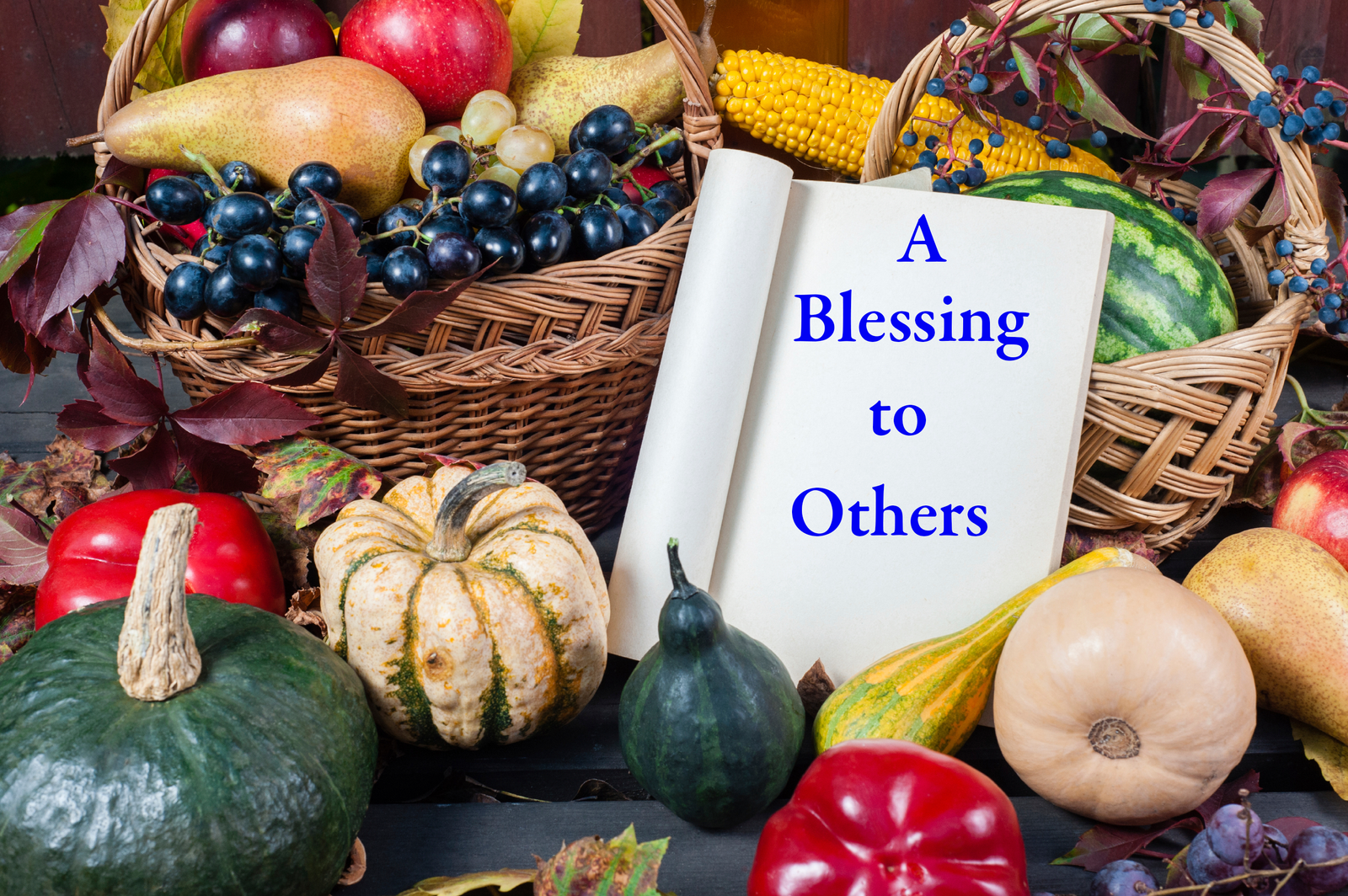A Blessing to Others

By Terance Clark September 13, 2025 7 Minute Read
Week 49
This Weeks Passage: Deuteronomy 11:26 – 16:17
(Note: This is part 3 of a series on giving through tithing from the passages found in Deuteronomy 11-16. If you missed part 1 and 2 please go back and read starting at #47 as it will provide context. You can find the link below.)
In our last lesson, we saw how God created a system of love through giving. It was the way people gave to Him as well as to one another. This was the process through which tithing was created. Let’s take some time this week to walk through the tithing process and see how the tithe was given. Tithing was a way to honor God for His goodness while keeping ones heart in a state of humility and submission. As with most things in scripture God used a seven year cyclical system for tithing. In other words, each year you gave differently and it was based on the lunar month not the solar year.
“If one is not giving in joy and gladness… It is not a tithe“
When God established tithing, He actually established four different types of tithes for the people to give. Before we look at each one it’s important to point out that tithing was an act of generosity. You were blessing others so it was done with joy and gladness. If one is not giving in joy and gladness out of the generosity of their heart it is not a tithe. There is no blessing to the giver when they fail to give out of generosity and joy, even Paul states this in 2 Cor. 9:6-7. So, Let’s look at each one of them. They are First fruits, 1st tithe, 2nd tithe and then another called the poor tithe. They are not all technically tithes, but they fit within the tithe structure God created so let’s look at each one.
The Tithe
First Fruits: Deut. 18:4 – This was done first as a way of thanking the Lord for His provision in the new season. This was given directly to the priests in Jerusalem and there was no specific amount required, it was given out of the generosity of the giver. There was a second First fruits offering listed in Deut. 8:8 that was brought to the alter in Jerusalem, but only of the seven grains grown in Israel. First Fruits was typically given at Shavuot (Pentecost) and before the fall feasts at the first harvest of barley.
1st Tithe: This second tithe was a tenth of what was left over after first fruits was given to the Levites because they had no inheritance and no way to grow produce. The nation fed the Levites so that they could serve the Lord full time and provide the necessary gifts to God on behalf of each and every person. The Levites in turn took a tithe of what was given to them and they gave it to the high priest – Numbers 18:24.
2nd Tithe: This was used to celebrate the Lord at his feasts and to care for the poor. This was a second ten percent that each family took to save for when they went to the feasts. It was a like a savings plan. It was not given to anyone it was required to ensure everyone could go to Jerusalem each year for the feasts and had the food or money to survive during those feasts. If a person lived far away from Jerusalem they could sell their tithe and use the money instead to buy food when they got there so they didn’t have to carry food long distances – Deut. 14:22-26.
Poor Tithe: Deut. 14:28-29 says that in years two and six instead of using the second tithe to eat at the feasts they were to give it to the poor. Today this is really the only tithe being given by the Jews because there is no temple in Jerusalem. They give their tithes to the poor.
So, years 1, 2, 4, 5 the second tithe was eaten in Jerusalem. Years 3, 6 it was given to the poor and year 7 there was no tithe as the land sat free and people could eat as they had need. So no tithe was given in year seven as everyone ate freely from whatever grew on its own. It’s also important to note in years 3 and 6 when given to the poor it was customary celebrate with the poor and eat with them.
A Blessing to Others
In closing this weeks teaching we can see several important factors about tithing. First, it was clearly well over 20% and it’s purpose was to ensure everyone was provided for in Israel. It helped to maintain a giving spirit within the community and ensured that everyone participated in the three yearly feasts that God required every male to attend. One last thing that I want to highlight because I believe it plays a huge role in helping people to give cheerfully. I don’t have the time to dig deeper into how these tithes were given, but let me say that tithing was very much a celebration because people got to play a role in blessing other people. They didn’t just give and walk away they got to eat with them and spend time building friendships and enjoying their company. It was a privilege to give and a way to honor God for blessing them and giving them the means to be a blessing to others.



